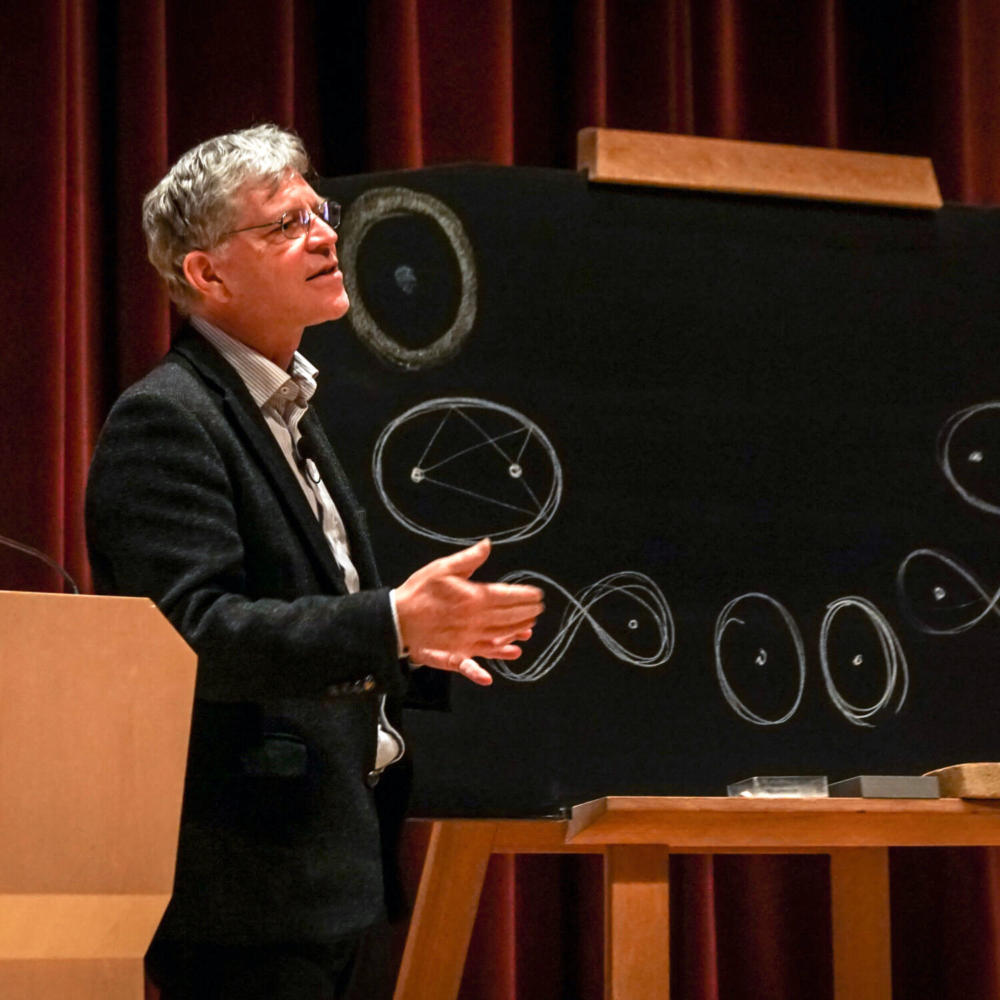Learning and living interculturality
Diversity illustrates how differently concepts such as ‘Christ’, ‘reincarnation’ and ‘karma’, and ‘Goetheanism’ can be experienced. The Goetheanum Adult Education Program at the Goetheanum provides a space for discussing such topics in anthroposophic trainings.
“Rudolf Steiner‘s understanding of Christ is non-confessional but can initially be seen as religious and Christian,” is how Robin Schmidt, a faculty member of the Adult Education Program at the Goetheanum, summarizes a dilemma. In the faculty‘s experience, the term ‘Christ’ is generally either associated with confessions, institutions, culture and history, or – in an ever more secular life – often with almost nothing at all. For lecturers in anthroposophical training centres this can be a challenge. Since anthroposophy has historically grown from the thinking and conceptuality of a Christian-confessional environment, “ways of accessing these foundations of anthroposophic professions and inspirations first need to be unlocked,” Robin Schmidt adds.
Because the course participants come from different cultures, ways of life, and professions, and work together, the diversity grows continuously. Stefan Langhammer, another faculty member, is convinced that reflection on the diverse meanings of concepts for the participants leads to “movements in thinking” that open up ways of understanding; artistic contemplation plays an important part in this process. Demonstrating, sharing and discussing ways of working puts one‘s own approach into perspective and offers alternatives. As a result the repertoire of approaches grows towards building an inspirational space free from apparently universal patterns, models or structures. “At the same time, this openness encourages individual access to the topic in others,” says Florian Osswald, also from the faculty, “because it is about assuming a spiritual perspective, about an I that knows the world.” Goetheanism is helpful here as a method that is itself a theme for the lecturers.
English by Margot M. Saar
Goetheanum Adult Education Program (English, peer-supported languages possible, online) Module ‘Modelling ways to address Goetheanism and Steiner‘s perspective on Christ’, 1 to 4 June 2022
Photo Florian Osswald, from the faculty of the Goetheanum Adult Education Programme (Symbolic Photo: Xue Li)

